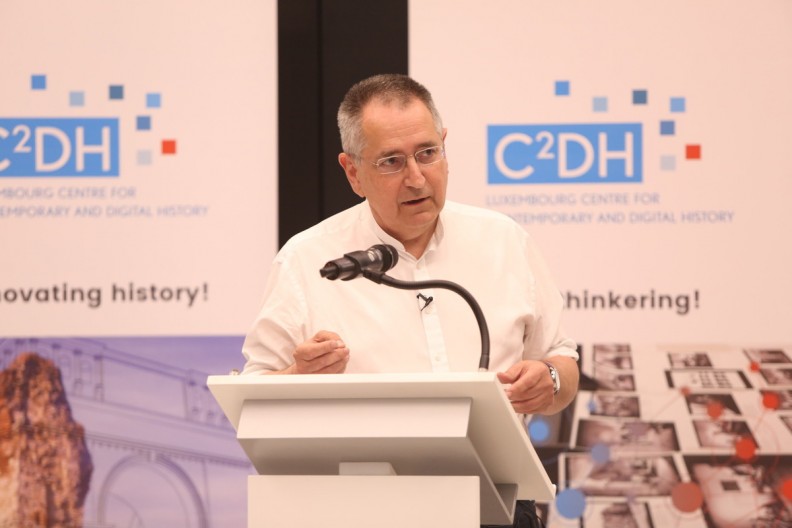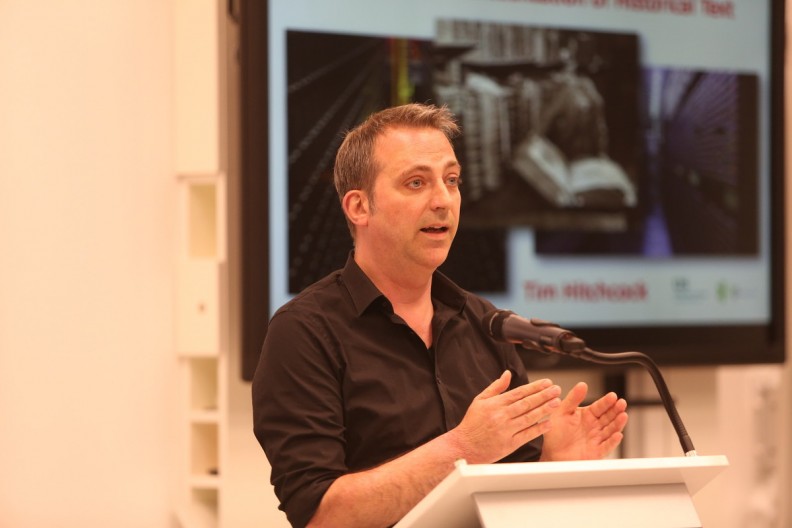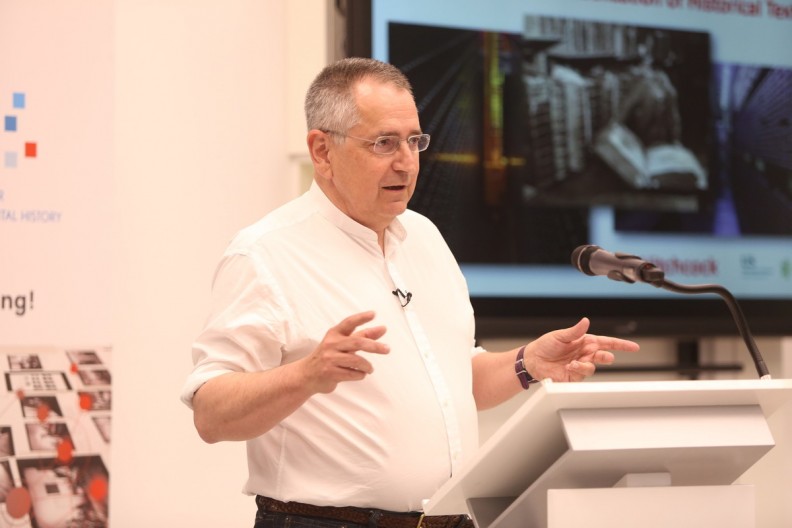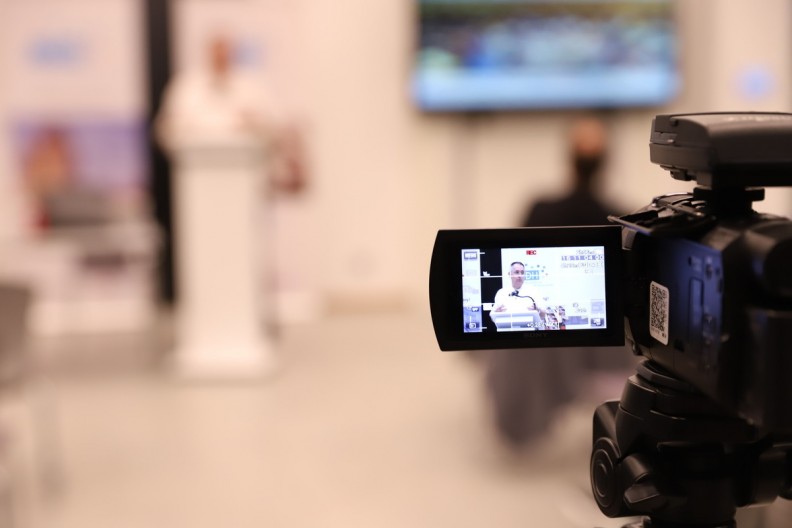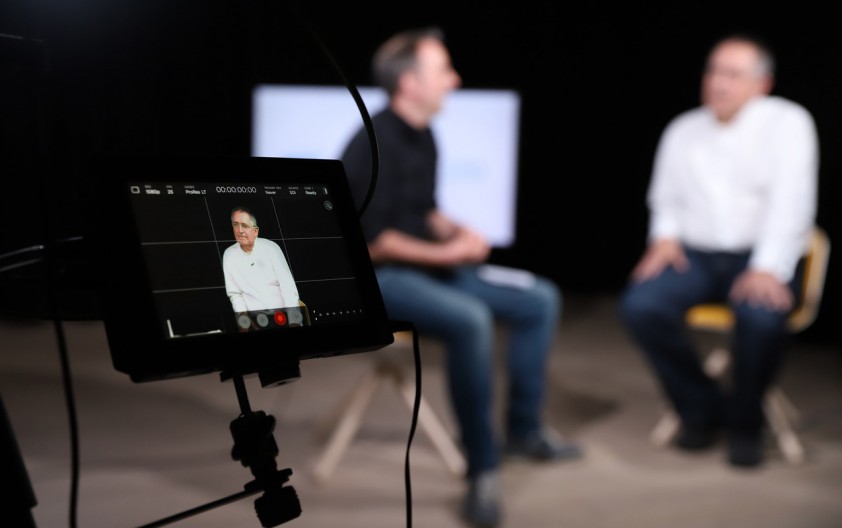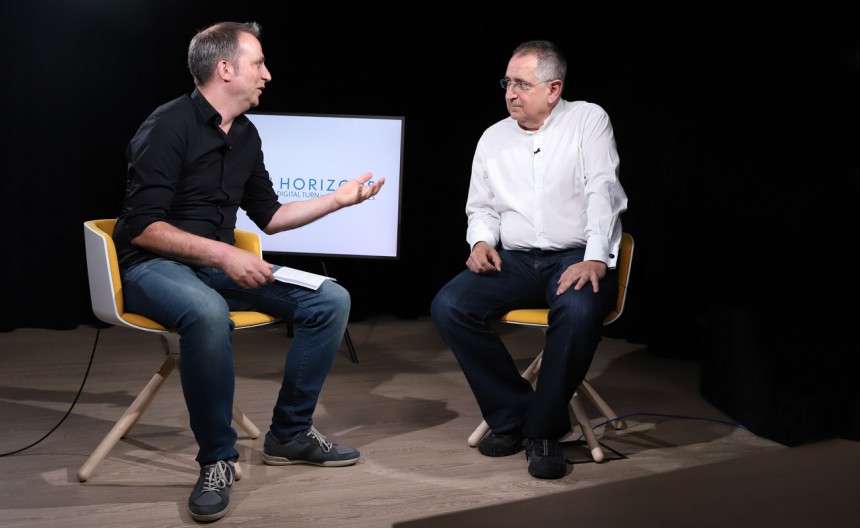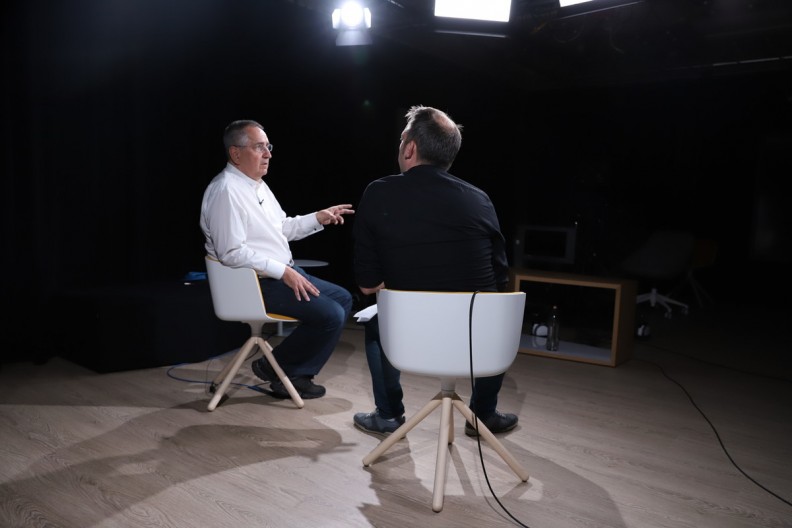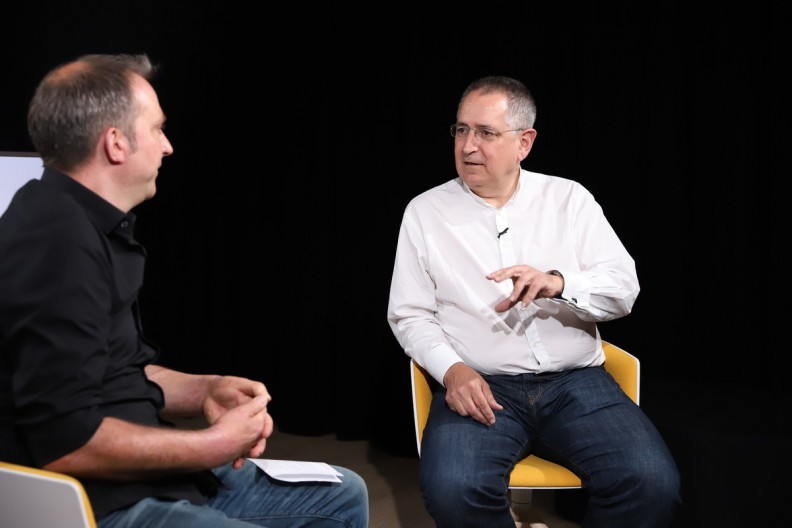In an age of hyper-abundance, to search is to find. The long research journey downwards through a catalogue and into an archive has been replaced by an algorithm ensuring the first page of results is 'good enough'. This presentation argues that despite the claim, it is simply not so; it is not 'good enough'. While current systems of search and discovery effectively hide and distort the context of research data, good scholarship demands a dialogue between data and its source. By demonstrating how a 'macroscope' can be used to practise distant and close readings of large datasets such as the Old Bailey Online, and library and archival catalogues, it suggests that we can re-imagine search, discovery and research, to provide a new form of 'radical contextualisation'. It argues that digital history requires more than a different set of tools; it also requires a different approach to representing the evolving infrastructure.
Recording of the conference:
Interview
In his interview, led by Gerben Zaagsma, Tim Hitchcock describes his beginnings as an historian in British social history and how he became involved in the field of digital humanities. He explains how he started with Robert Shoemaker in the late 1990’s big digitization projects like “Old Bailey online” (The Proceedings of the Old Bailey, 1674-1913). He emphasizes also the role of digital history in connection with the history from below in the United Kingdom and public history in the United States.
Tim Hitchcock also criticizes the way in which a lot of historians meet the digital challenge and underlines the importance of the use of digital tools in the undergraduates curriculum in the University of Sussex. He also explains the interactions between close reading and distant reading, how historians nowadays deal with it, and describes the perspectives for digital history in the future.
Biography
Tim Hitchcock is Professor of Digital History at the University of Sussex. With Robert Shoemaker and others, he is responsible for a series of websites giving direct and searchable access to some 35 billion words of primary sources reflecting the social history of Britain, including: The Old Bailey Online, London Lives, Connected Histories, Locating London’s Past, and The Digital Panopticon.
With degrees from the University of California at Berkeley and Oxford University, he has written or edited eleven books on the histories of eighteenth-century poverty, street life, sexuality and masculinity; and published across the disciplines of history, art history, the digital humanities, statistics, economics and legal studies. His most recent books include 'Down and Out in Eighteenth-Century London' (Hambledon and London, 2004) and with Robert Shoemaker, 'London Lives: Poverty, Crime and the Making of a Modern City, 1690-1800' (CUP, 2015). He is currently co-director of the Sussex Humanities Lab, and with Ben Jackson is working on the development of a ‘macroscope’ for use with library and archival catalogues.



